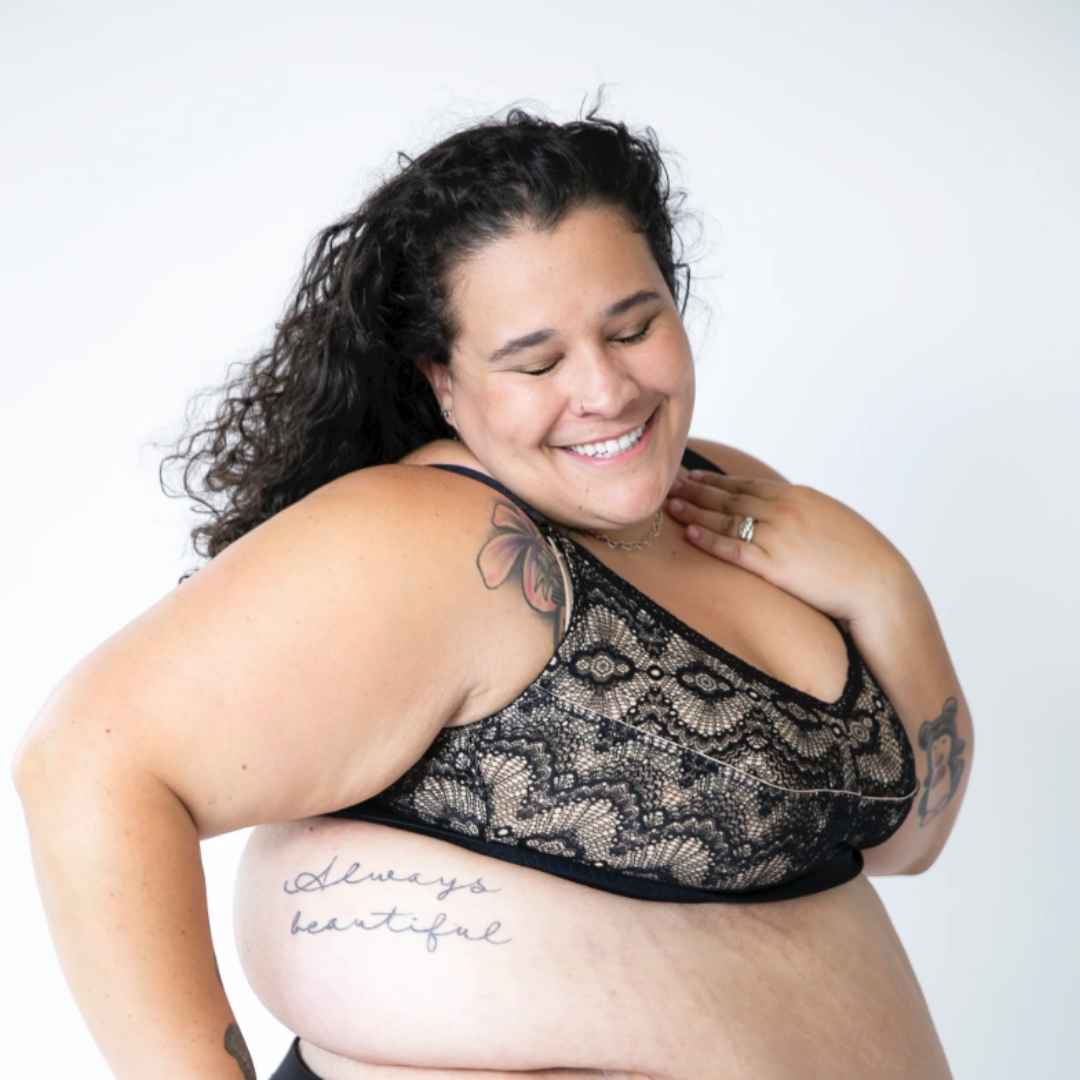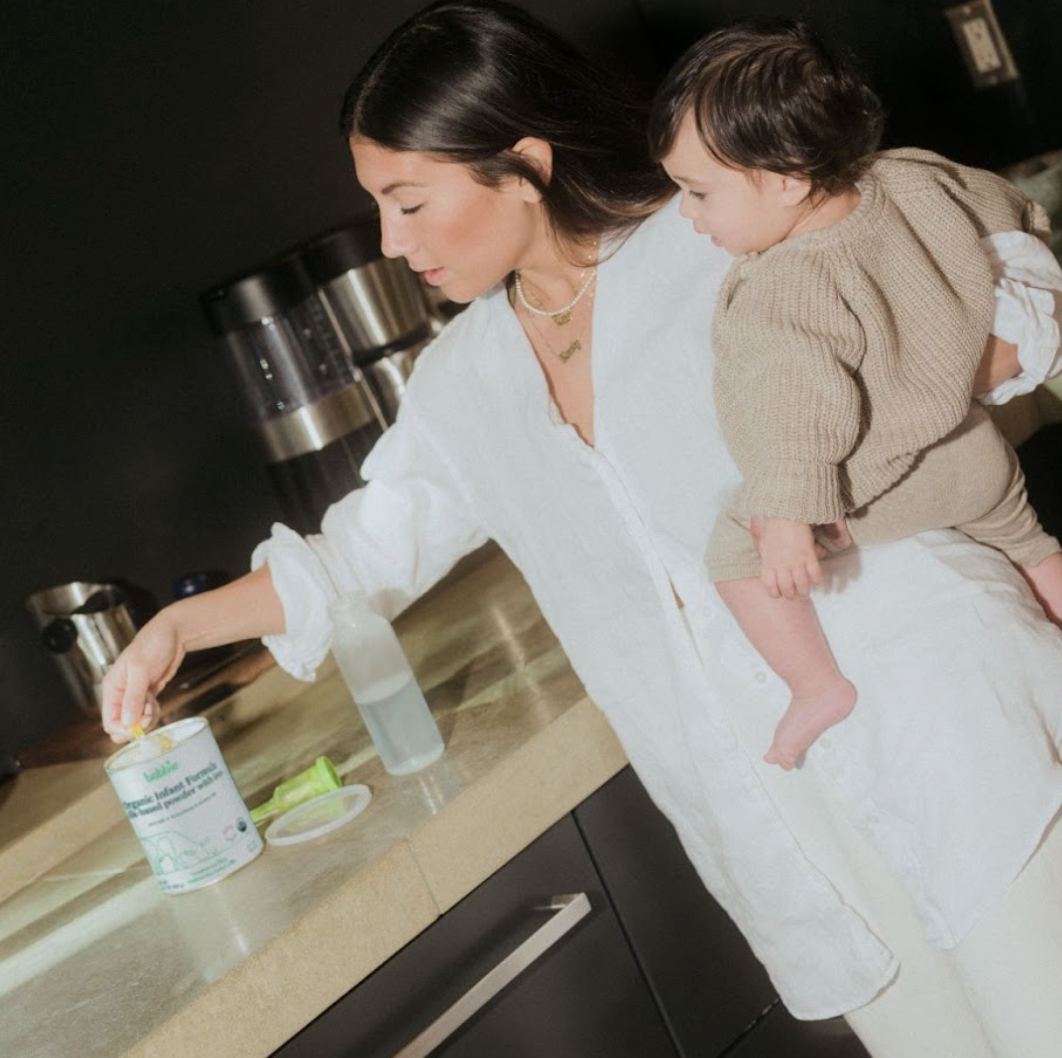What to Do if You Have Postpartum Depression
Having a baby can be such a time of joy! You get to snuggle your little one, take some time away from work, and build a new life as a family. This is why it can be so disconcerting if your life with your new baby feels a bit dark or overwhelming.
If you are facing feelings of depression after having your baby, you’re not alone. Up to 1 in 5 new mothers experience postpartum depression. While it often crops up in the first 6 weeks after you have your baby, if left untreated, it can be present for multiple years. PPD is a serious medical condition, and needs to be treated like one in order for your mental health to improve.
You are worth getting help. Let’s talk about what postpartum depression looks like, and how you can get support throughout your first year with your baby and beyond.
How to Tell if You Have Postpartum Depression
There are a number of symptoms of postpartum depression you can look out for to discern whether you might have it. Some of the top symptoms new moms face are:
- Fatigue
- Feelings of sadness, crying very often
- Feelings of worthlessness
- Mood swings
- Feeling disconnected from your baby
- Isolating yourself from family and friends
- Sleep deprivation or too much sleep
- Brain fog
- Thoughts of harming yourself or the baby
- Loss of interest in things you usually enjoy
- Suicidal thoughts
If you have a family history of depression, you will be at a higher risk for having severe postpartum depression. If these postpartum depression symptoms sound familiar to you, it’s time to seek help. PPD can be a life-threatening condition, and it is very important for you to take care of yourself during this time.
Not only will treatment help you get back to feeling normal, it will help you better take care of your new baby and strengthen your bond.
Talk to Your Doctor
The first thing you should do if you're noticing symptoms of depression is to talk to your healthcare provider. They will explore treatment options with you and develop a specific treatment plan. Part of that plan may include oral medication.
A lot of people feel a sense of stigma surrounding mental health medication, but there is no shame in seeking treatment and becoming your most whole self. Antidepressant medications can truly change your entire mood and help you get back to feeling normal.
Even if you aren't sure if you meet the criteria for PPD, talking to a doctor can help you figure out what might be beneficial for you. A lot of women experience sadness after giving birth that doesn't lead to severe cases of PPD, but those emotions deserve to be met with care as well.
Seek Out a Therapist
Talk therapy is a great option to treat all kinds of mental health conditions. If you're noticing psychological changes after giving birth, it's time to receive medical attention. Postpartum depression is a very serious mental illness, and lots of therapists are specifically trained in maternal mental health.
If you are experiencing any family problems, intimate partner violence, or other outside factors in your daily life, therapy can be a really good resource to help you work through the challenges you're faced with and form a plan to make things better. It can also give you a space to vent without judgment throughout your postpartum period.
If you don't feel like you can leave your house or even your bed right now, don't worry-- there are lots of therapists who provide telehealth options so you can get treatment right where you're at.
Get Social Support
One of the top things mothers with postpartum depression need is close relationships with others. Friends and family members can offer you emotional support, give you a break from taking care of the baby, and even help with tasks like cleaning and cooking. The people who love you would love to be there and support you as you navigate life as new parents.
If you don't have people in your area who can tangibly help, search for support groups in your area or even remotely! There are lots of groups that meet on Zoom, as well as online forums, and blogs that can help you if you can't meet in person. You can also search social media for social support-- there are lots of Instagram and TikTok accounts created to help mothers with postpartum depression.
Finally, keep in mind that there’s a direct correlation between maternal mental health and your baby aligning with your feeding goals. If feeding has proved to be challenging, seeking out a lactation/infant feeding support group is a great place to start. Not only can they provide a sense of community, they can also connect you with an IBCLC if needed.
Even if feeding hasn’t been a source of stress, it’s important for you to learn about typical newborn behaviors to help you feel more confident that you can handle whatever comes your way. Resilience based on proper education can function as a protective factor against postpartum mood disorders.
Isolation can increase the severity of PPD symptoms. While it is common to want to withdraw from friends and family during this time, lean into a safe, supportive community and you will see positive results.
Postpartum Doula
While doctors, therapists, friends, and family can help you get through this time, if you'd like more personal care in your home, a postpartum doula is the way to go. Whether you'd like long-term or short-term help, finding a doula you really connect with is a great way to cope with your postpartum depression symptoms.
Postpartum doulas are experts in women's health who help take care of new mothers after they have a baby. If you are feeling overwhelmed with taking care of your new baby and are noticing signs of postpartum depression, having someone to personally help you in your home can make all the difference as you adjust to life with your new baby.
What if I'm Not Sure?
If you aren't feeling quite right but don't identify with these depressive symptoms, it's possible you have postpartum anxiety or another mental health condition instead. Postpartum psychosis is rare, but does happen to some mothers. Seek help from a health care provider to get a diagnosis and receive treatment from there. You are worth feeling like your fullest self!







Leave a comment
All comments are moderated before being published.
This site is protected by hCaptcha and the hCaptcha Privacy Policy and Terms of Service apply.